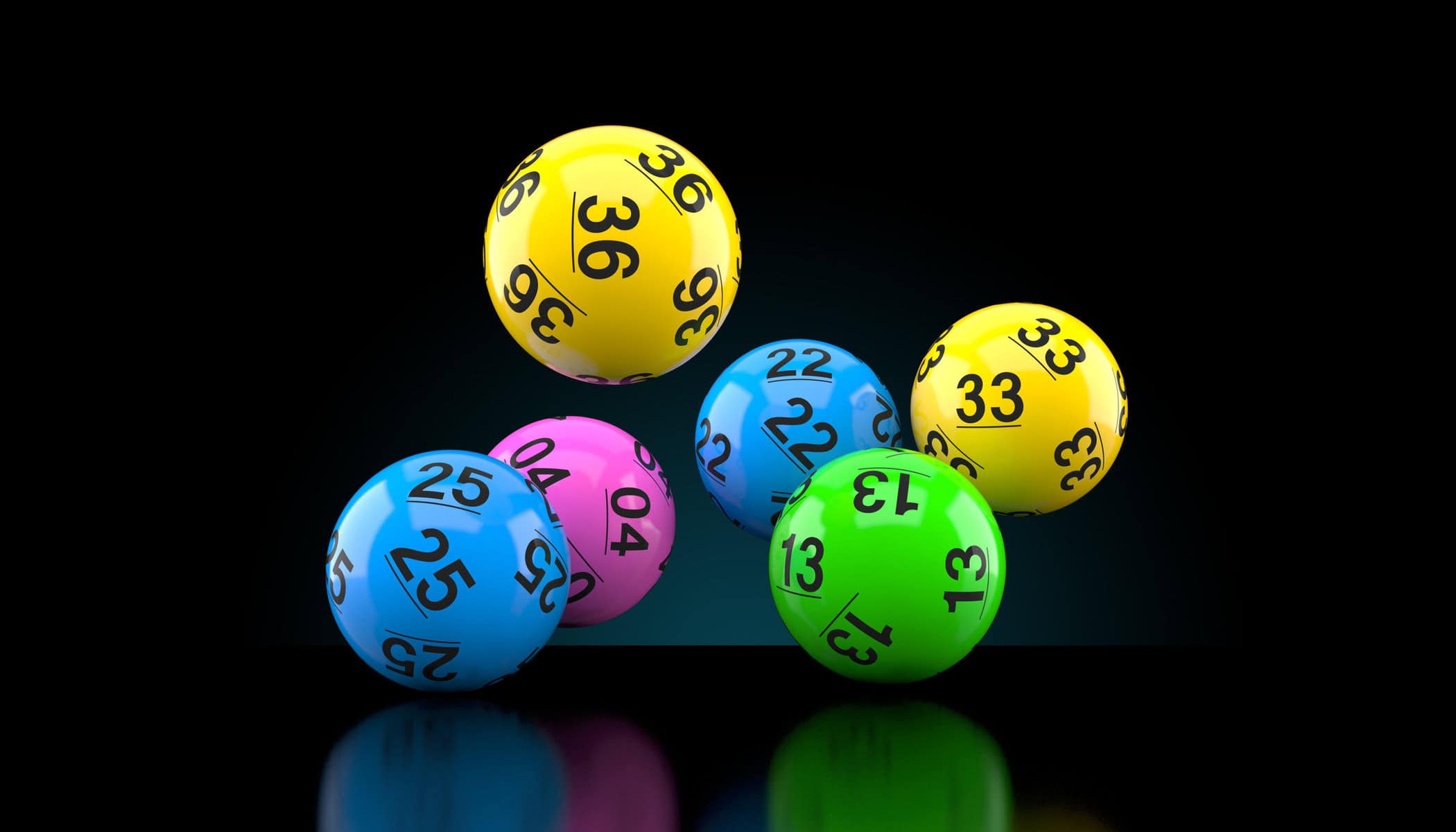Lottery draws have captivated people around the globe for centuries, transforming the lives of some and providing entertainment for many. The allure of striking it rich with a single ticket draws millions into convenience stores and online platforms, where dreams of wealth and freedom are only a ticket away data cambodia. But what exactly goes into a lottery draw, and what factors contribute to the excitement surrounding it?
Understanding Lottery Draws
At its core, a lottery draw is a game of chance where participants purchase tickets with the hope of winning a cash prize or valuable items. The mechanics can vary significantly depending on the type of lottery, but the fundamental process remains the same: numbers are drawn at random, and those who match the drawn numbers win prizes.
Types of Lotteries:
- Traditional Lotteries: In these, players select a set of numbers from a predetermined range. During the draw, winning numbers are selected, and players who match those numbers win.
- Instant Win Games: Also known as scratch-offs, these tickets provide immediate results. Players scratch off a surface to reveal symbols or numbers, determining if they’ve won instantly.
- Raffles: Participants buy tickets for a chance to win prizes, often with a set number of tickets sold. The winning ticket is drawn at random.
- Multi-State Lotteries: These are large lotteries that combine ticket sales from multiple states, resulting in massive jackpots that draw national attention, such as Powerball and Mega Millions in the United States.
The Draw Process
The draw itself is a meticulously organized event. It typically involves a machine that randomly selects winning numbers from a pool. Most lotteries use either mechanical drawing machines or electronic random number generators (RNGs).
- Mechanical Draws: These machines use air and gravity to mix balls containing the numbers. This method is often preferred for its visual excitement and perceived transparency.
- Electronic Draws: RNGs create winning combinations through complex algorithms, ensuring that results are entirely random and unbiased.
Both methods aim to uphold the integrity of the game, ensuring fairness for all participants.
The Psychology of Playing the Lottery
The thrill of playing the lottery goes beyond the possibility of winning. Various psychological factors play a role in why people are drawn to lotteries:
- Hope and Dreams: Many players view lottery tickets as a ticket to a better life. The potential for a life-changing windfall can motivate individuals to participate, even if the odds are not in their favor.
- Social Interaction: Buying lottery tickets can be a communal activity, with friends or coworkers pooling their resources to increase their chances of winning. This social aspect can enhance the experience.
- Risk-Taking Behavior: Lottery players often exhibit risk-taking behavior, finding excitement in the possibility of winning against the odds.
- Gambler’s Fallacy: Many believe that past draws can influence future outcomes, leading them to choose numbers based on previous results, despite the randomness of each draw.
The Odds: What You Need to Know
Understanding the odds of winning is crucial for anyone considering participating in a lottery. The odds can vary widely depending on the specific lottery, but they are often quite low. For example, the odds of winning the Powerball jackpot are approximately 1 in 292 million. Despite these daunting odds, many players continue to purchase tickets, driven by the hope of winning big.
The Impact of Lottery Wins
Winning a lottery can have profound effects on an individual’s life. While many dream of lavish spending, the reality can be more complicated. Studies show that sudden wealth can lead to a range of emotional challenges, including stress, anxiety, and difficulties in relationships. Some winners face pressure from friends and family, while others struggle with managing newfound wealth.
